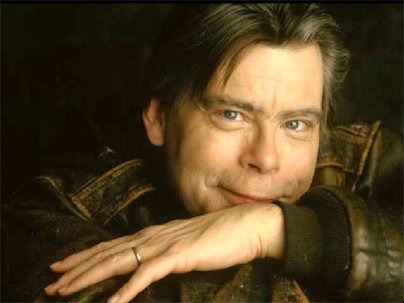by Eric Maisel, PhD. - 'The current naming system used to describe “mental disorders” is weak and suspect and perhaps so flawed as to be both useless and dangerous… and also leads to odd and wrong-headed hypotheses, for example “because you are bipolar you are creative” or “perhaps mania accounts for the higher test scores.”
One of his books: 'Rethinking Depression: How to Shed Mental Health Labels and Create Personal Meaning' http://goo.gl/J77pc
Photo: Stephen King has said: “I’ve taken off two months, three months at a time, and, by the end, I get really squirrelly. My night life, my dream life, gets extremely populated and crazed. It’s as though something in there is running all the time.” - From article: "Developing Creativity: Excitabilities – Our Teeming Brains" http://talentdevelop.com/1906/



 Your new post is loading...
Your new post is loading...









Powerful passage from text: "One study involving 700,000 adults and reported in the British Journal ofPsychiatry indicated that former straight-A students were four times more likely to be “bipolar” (or “manic-depressive”) than their peers. In another study individuals who scored the highest on tests for “mathematical reasoning” were at a 12-times greater risk for “contracting bipolar disorder.”"